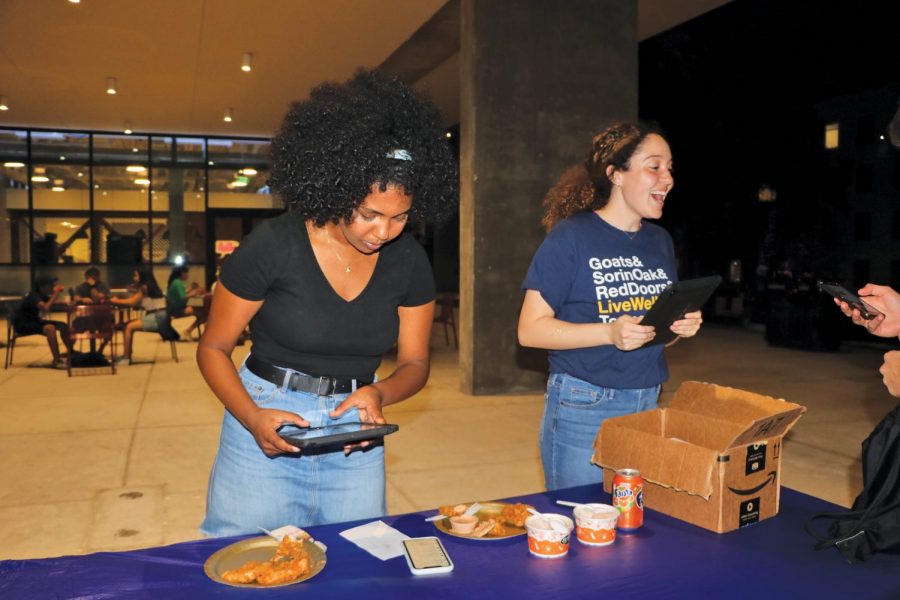Student workers face unfair challenges due to costly tuition
KAROLINA BONILLA / HILLTOP VIEWS
Over 70% of college students are actively working while enrolled, according to a study done at Georgetown University. This accounts for about 14 million college students.
Recently, it has become more difficult to afford the exponential, costly growth of college tuition. If you were to take the average cost of yearly tuition at a public university from simply 25 years ago, you’d realize the cost of attending a university has nearly doubled.
Although you can correlate this with inflation, the majority of college students seeking a bachelor’s degree are under the age of 24. This deviates from having access to a well-paying job due to a lack of experience.
With other expenses such as housing, food, and transportation, attending college can seem financially nerve-racking. In order to help cover the high cost of a college lifestyle, many students have sought job opportunities in hopes of alleviating the bruise left in bank accounts after these monthly expenses.
It isn’t impossible to manage school and have a job. Many have succeeded despite the unwanted eye bags on caffeine. Rather than sticking to the typical cycle of low paying jobs, long hours between school and work, and balancing student life, there is a proposal in which tuition does not have to be paid in full by the student.
In many instances, academic scholarships are not enough to keep young adults out of ever-growing student-loan debt. In order to keep students in college while allowing educational institutions to keep their status, a combination of scholarships with a student job should be introduced. If this concept is applied to the academic setting of a university, students at the top of their class would have lower tuition costs than those at the bottom.
Although it may sound unjust to some, it is fair in the sense that it gives those who are determined and work hard an incentive to keep it up. Those at the bottom would not have to cover the cost that top students are not paying in order to meet university budget regulations, but in turn, would only have regular tuition costs. This would further allow job recruiters/future employers to see not only who is smart, but who has put in the most effort towards molding an ideal career.







